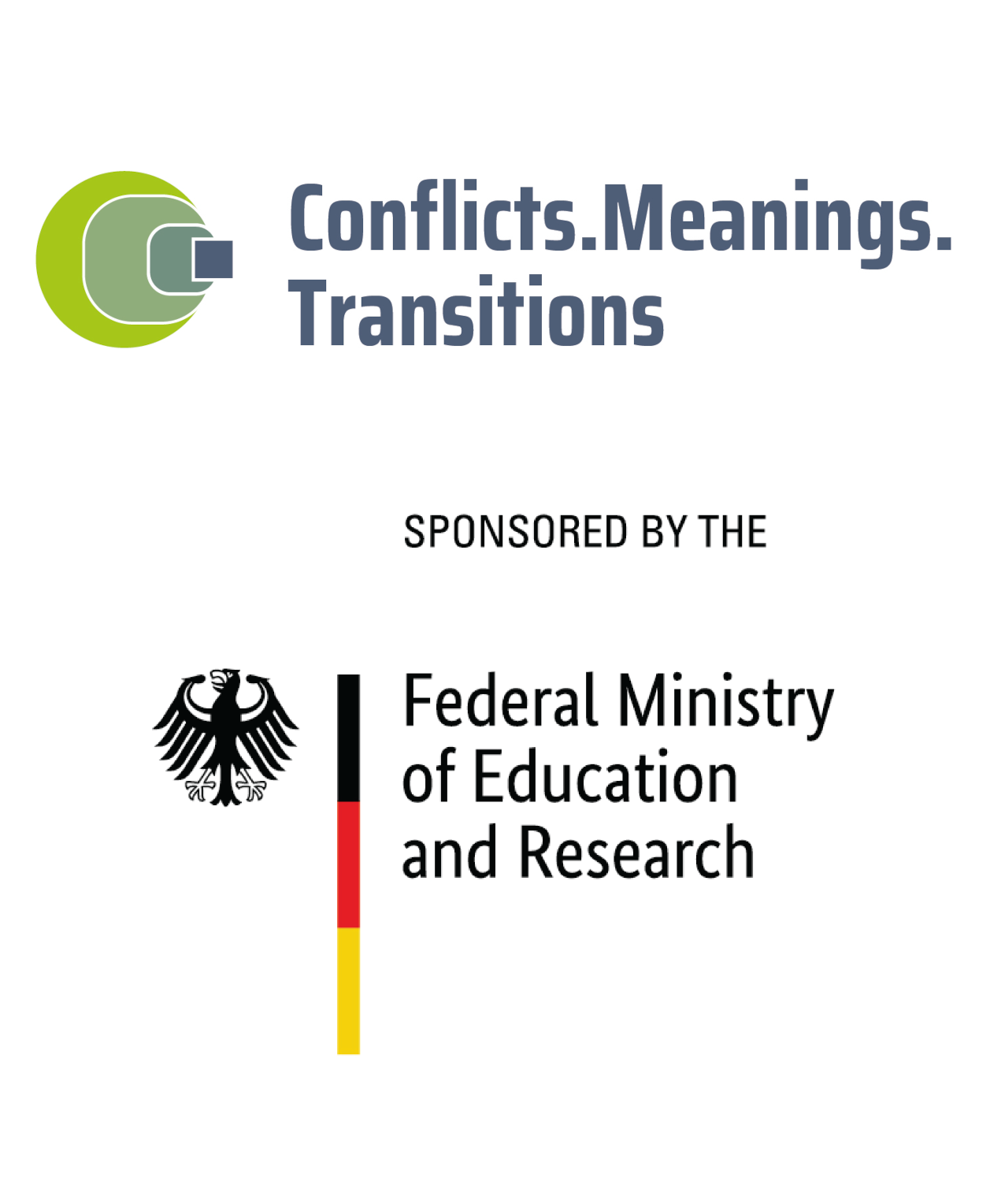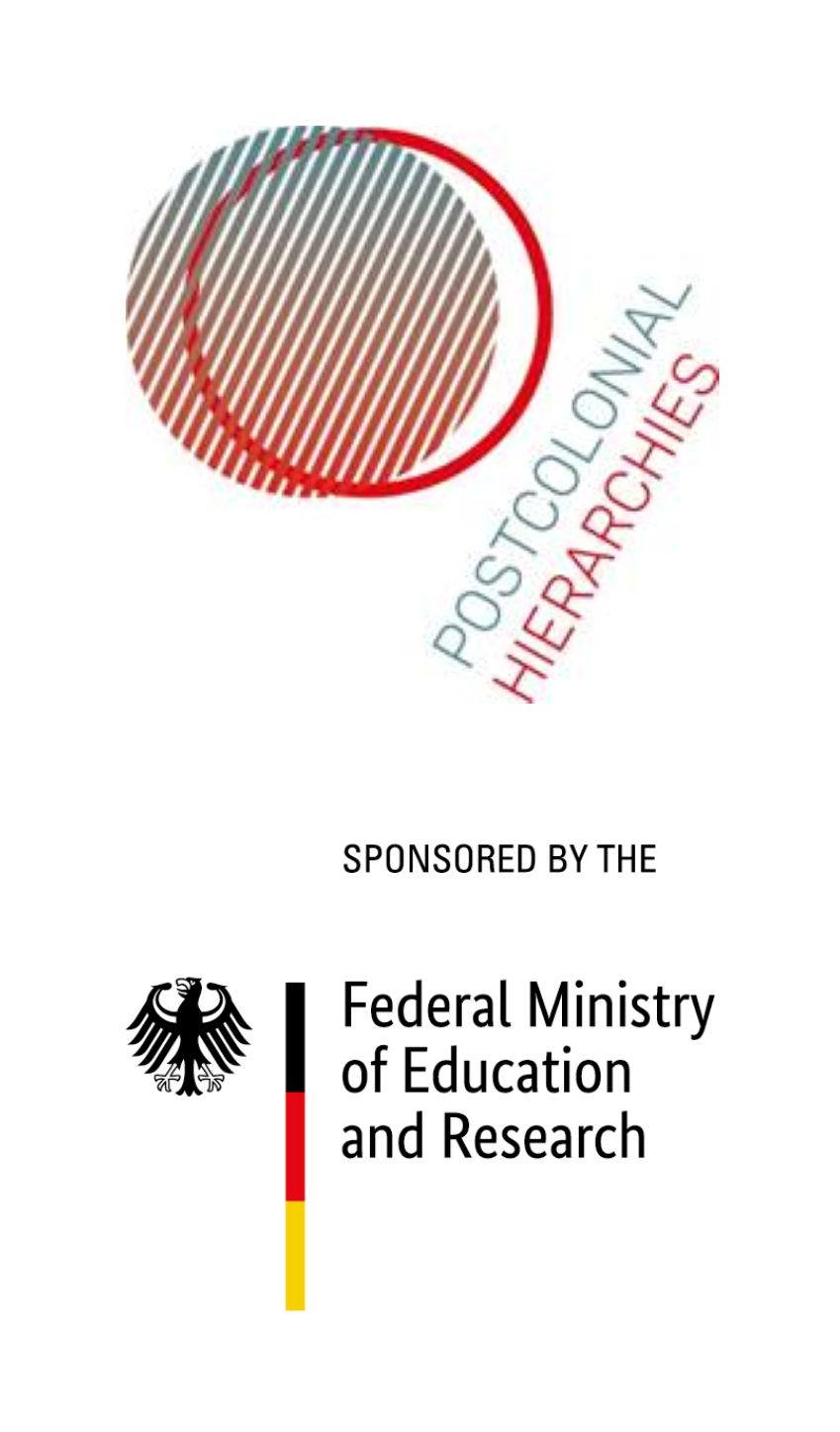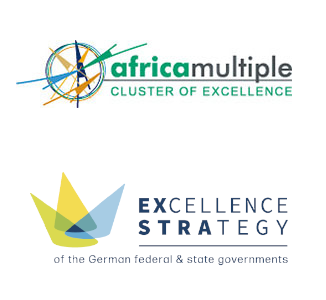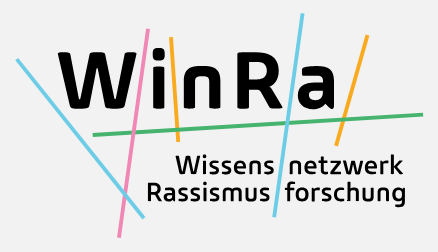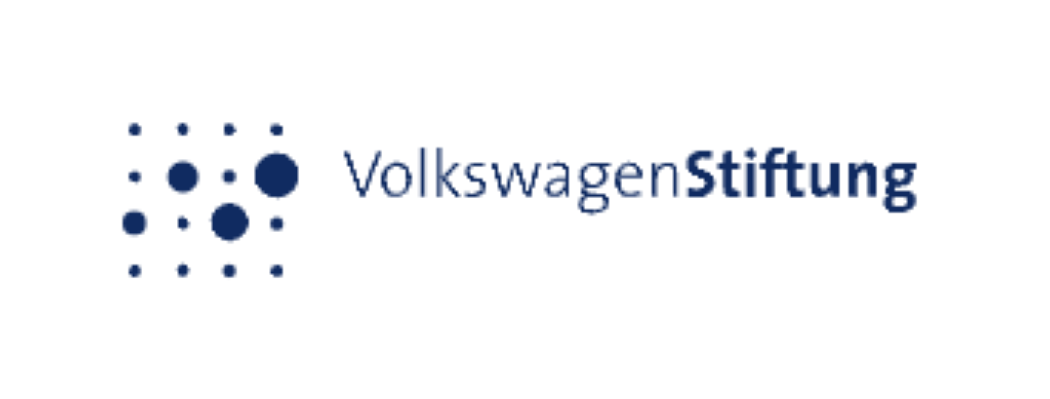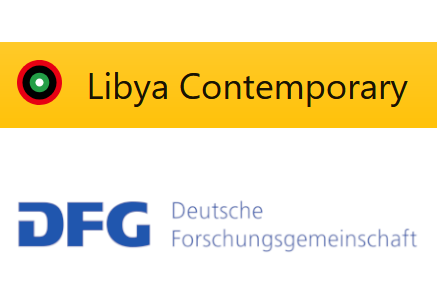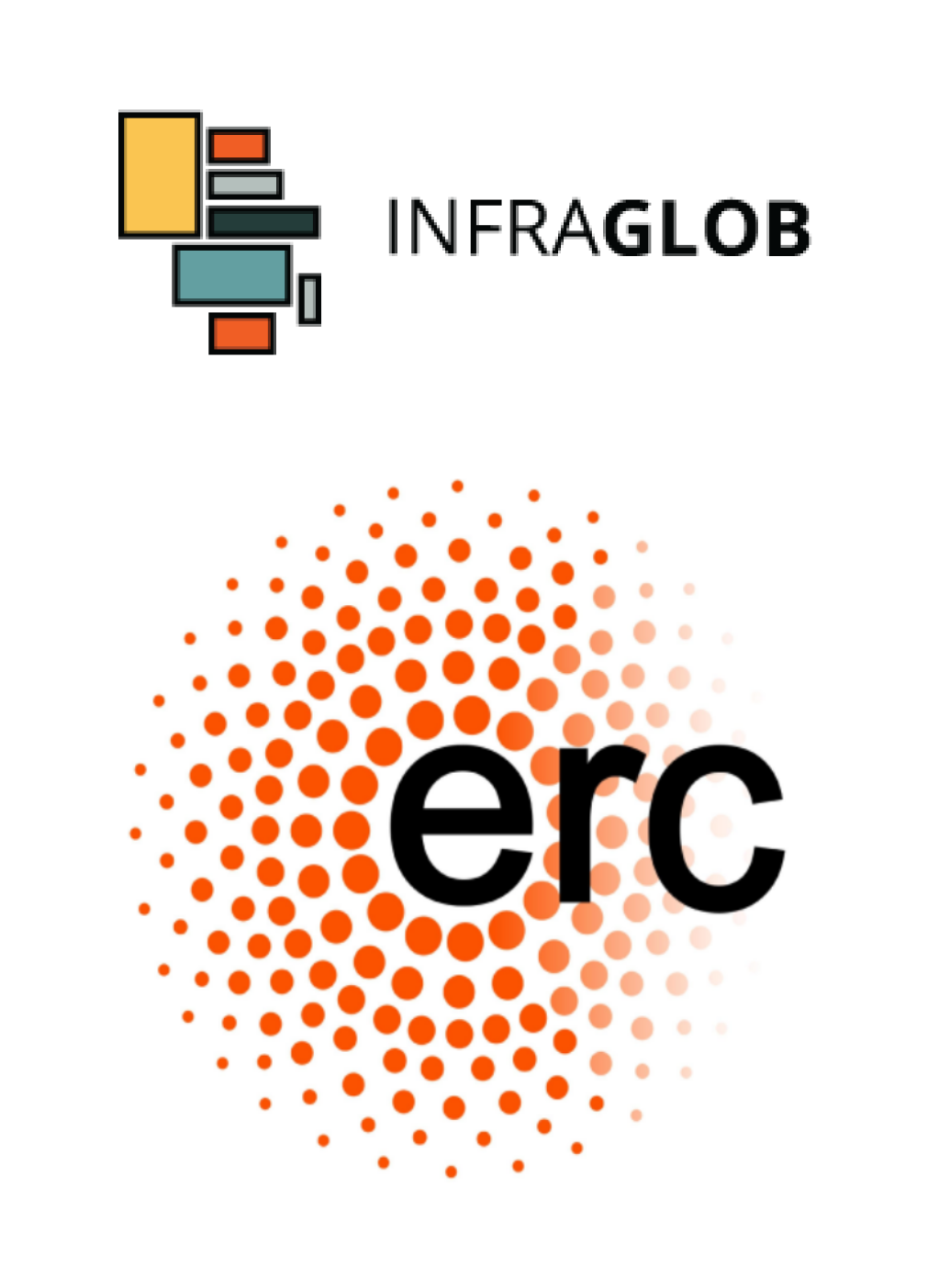Taking decisive action against racism and right-wing extremism and promoting, expanding, and anchoring research on these topics in the university landscape - the importance of these topics has been demonstrated not least by the terror attacks in Hanau and Halle. Racist violence is booming in Germany; it manifests itself structurally and institutionally.
Against this background, the Knowledge Network on Racism Research (WinRa) strategically strengthens and connects the scattered and fragmented research on racism in Germany through a research-based and interdisciplinary exchange. Content and methodology play a central role in the knowledge network. We will develop strategies for expanding the research infrastructure for racism research and be available as a point of contact for politics, civil society, the media, and the public.
The Knowledge Network on Racism Research is designed as a joint project. In addition to overall coordination and management at the DeZIM Institute in Berlin, WinRa consists of four regional networks. These are established at the University of Bielefeld/Leuphana University of Lüneburg (Network West), the University of Mannheim/University of Bayreuth (Network South), Magdeburg-Stendal University of Applied Sciences/ Humboldt University of Berlin (Network East) and Bucerius Law School Hamburg/University of Hamburg (Network North).


